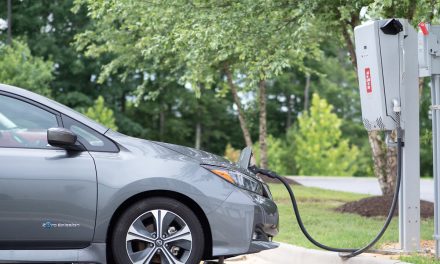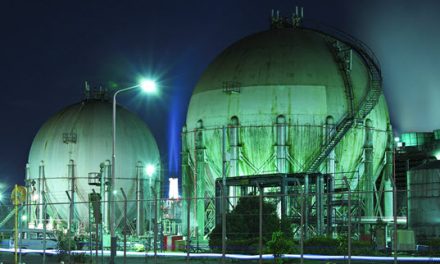U.S. Senate Republicans will test President Barack Obama with several pro-energy production bills when the new Congress convenes in January, a key GOP lawmaker said Sunday on Platts Energy Week.
Legislation to expedite approval of the Keystone XL pipeline would be just the first of many bills they will take up next year.
Senator John Barrasso of Wyoming, who as chairman of the Senate Republican Policy Committee is his party’s fourth-ranking member in the chamber, said the new Congress would seek to pass legislation loosening restrictions on liquefied natural gas (LNG) exports and rolling back environmental regulations.
Bills on those issues have already passed the Republican-controlled House of Representatives with some Democratic support, he noted, and with Republicans assuming leadership of the Senate in January, those bills will become easier to pass.
Senate Republicans will “take energy bills that have already passed the House with bipartisan support, pass them through the Senate, and put them on the president’s desk,” Barrasso said. “He’s going to have to, then, make a decision.”
A bill to permit the Keystone XL pipeline, which failed by one vote last week, “is just one of them,” he added.
For instance, Barrasso has introduced a bill that would automatically approve LNG exports to Japan and NATO countries. Some environmental-leaning Democrats are opposed to expanded LNG exports due to concerns about increased fracking.
But with Republicans saying that polls back their pro-energy production agenda, Barrasso said if Obama sides with environmentalists, he would be bucking the will of the American people.
“If he’s focused on jobs, the economy, getting Americans back to work, then he’ll sign those pieces of legislation,” he said. “If he continues to be held hostage by environmental extremists, then he’ll veto those … And the American people will see what the president’s decisions are, in terms of their lives and their livelihoods, the jobs and the economy.”
Barrasso also criticized the recent climate pact that Obama announced with China, in which the U.S. pledged to reduce its greenhouse-gas (GHG) emissions by 26-28% below 2005 levels by 2025, while China stated its intent to stop its growth of GHGs by 2030 and to increase its share of non-fossil fuel use to 20% by 2030.
Barrasso said the agreement would cause too much hardship on American energy consumers and make U.S. industries less globally competitive. Republicans would use funding bills to prevent the U.S. Environmental Protection Agency (EPA) from enforcing GHG cuts, he added.
The EPA is in the process of finalizing GHG emission rules on existing power plants that Republicans say will phase out cheap coal-fired electricity generation, and the agency plans to issue GHG rules for new power plants soon.
“We want to make sure that through funding, the EPA doesn’t have the funds to try to proceed with some of the things they want to do with their regulations where the costs are very real and the benefits are unproven,” Barrasso said.









